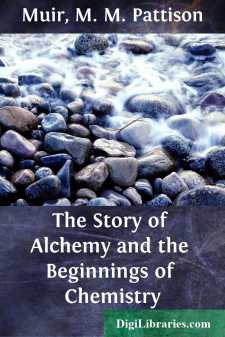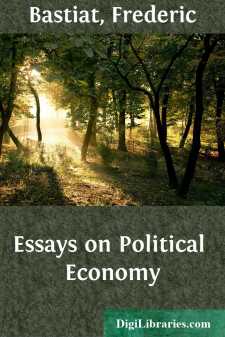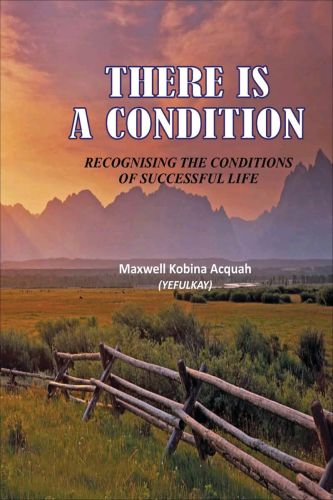Categories
- Antiques & Collectibles 13
- Architecture 36
- Art 48
- Bibles 22
- Biography & Autobiography 815
- Body, Mind & Spirit 144
- Business & Economics 28
- Children's Books 18
- Children's Fiction 14
- Computers 4
- Cooking 94
- Crafts & Hobbies 4
- Drama 346
- Education 58
- Family & Relationships 59
- Fiction 11833
- Games 19
- Gardening 17
- Health & Fitness 34
- History 1378
- House & Home 1
- Humor 147
- Juvenile Fiction 1873
- Juvenile Nonfiction 202
- Language Arts & Disciplines 89
- Law 16
- Literary Collections 686
- Literary Criticism 179
- Mathematics 13
- Medical 41
- Music 40
- Nature 179
- Non-Classifiable 1768
- Performing Arts 7
- Periodicals 1453
- Philosophy 65
- Photography 2
- Poetry 896
- Political Science 203
- Psychology 44
- Reference 154
- Religion 515
- Science 126
- Self-Help 85
- Social Science 82
- Sports & Recreation 34
- Study Aids 3
- Technology & Engineering 59
- Transportation 23
- Travel 463
- True Crime 29
Our website is made possible by displaying online advertisements to our visitors.
Please consider supporting us by disabling your ad blocker.
The Story of Alchemy and the Beginnings of Chemistry
Description:
Excerpt
CHAPTER I
THE EXPLANATION OF MATERIAL CHANGES GIVEN BY THE GREEK THINKERS.
For thousands of years before men had any accurate and exact knowledge of the changes of material things, they had thought about these changes, regarded them as revelations of spiritual truths, built on them theories of things in heaven and earth (and a good many things in neither), and used them in manufactures, arts, and handicrafts, especially in one very curious manufacture wherein not the thousandth fragment of a grain of the finished article was ever produced.
The accurate and systematic study of the changes which material things undergo is called chemistry; we may, perhaps, describe alchemy as the superficial, and what may be called subjective, examination of these changes, and the speculative systems, and imaginary arts and manufactures, founded on that examination.
We are assured by many old writers that Adam was the first alchemist, and we are told by one of the initiated that Adam was created on the sixth day, being the 15th of March, of the first year of the world; certainly alchemy had a long life, for chemistry did not begin until about the middle of the 18th century.
No branch of science has had so long a period of incubation as chemistry. There must be some extraordinary difficulty in the way of disentangling the steps of those changes wherein substances of one kind are produced from substances totally unlike them. To inquire how those of acute intellects and much learning regarded such occurrences in the times when man's outlook on the world was very different from what it is now, ought to be interesting, and the results of that inquiry must surely be instructive.
If the reader turns to a modern book on chemistry (for instance, The Story of the Chemical Elements, in this series), he will find, at first, superficial descriptions of special instances of those occurrences which are the subject of the chemist's study; he will learn that only certain parts of such events are dealt with in chemistry; more accurate descriptions will then be given of changes which occur in nature, or can be produced by altering the ordinary conditions, and the reader will be taught to see certain points of likeness between these changes; he will be shown how to disentangle chemical occurrences, to find their similarities and differences; and, gradually, he will feel his way to general statements, which are more or less rigorous and accurate expressions of what holds good in a large number of chemical processes; finally, he will discover that some generalisations have been made which are exact and completely accurate descriptions applicable to every case of chemical change.
But if we turn to the writings of the alchemists, we are in a different world. There is nothing even remotely resembling what one finds in a modern book on chemistry.
Here are a few quotations from alchemical writings:
"It is necessary to deprive matter of its qualities in order to draw out its soul.... Copper is like a man; it has a soul and a body ... the soul is the most subtile part ... that is to say, the tinctorial spirit. The body is the ponderable, material, terrestrial thing, endowed with a shadow.... After a series of suitable treatments copper becomes without shadow and better than gold.... The elements grow and are transmuted, because it is their qualities, not their substances which are contrary." (Stephanus of Alexandria, about 620 A.D.)
"If we would elicit our Medecine from the precious metals, we must destroy the particular metalic form, without impairing its specific properties. The specific properties of the metal have their abode in its spiritual part, which resides in homogeneous water. Thus we must destroy the particular form of gold, and change it into its generic homogeneous water, in which the spirit of gold is preserved; this spirit afterwards restores the consistency of its water, and brings forth a new form (after the necessary putrefaction) a thousand times more perfect than the form of gold which it lost by being reincrudated." (Philalethes, 17th century.)
"The bodily nature of things is a concealing outward vesture." (Michael Sendivogius, 17th century.)
"Nothing of true value is located in the body of a substance, but in the virtue ......












